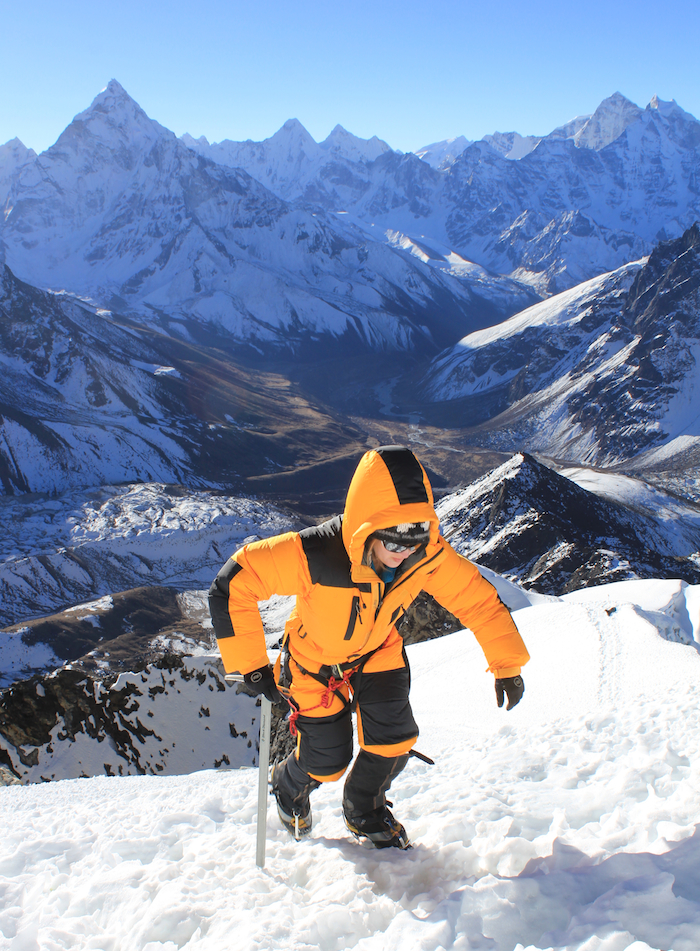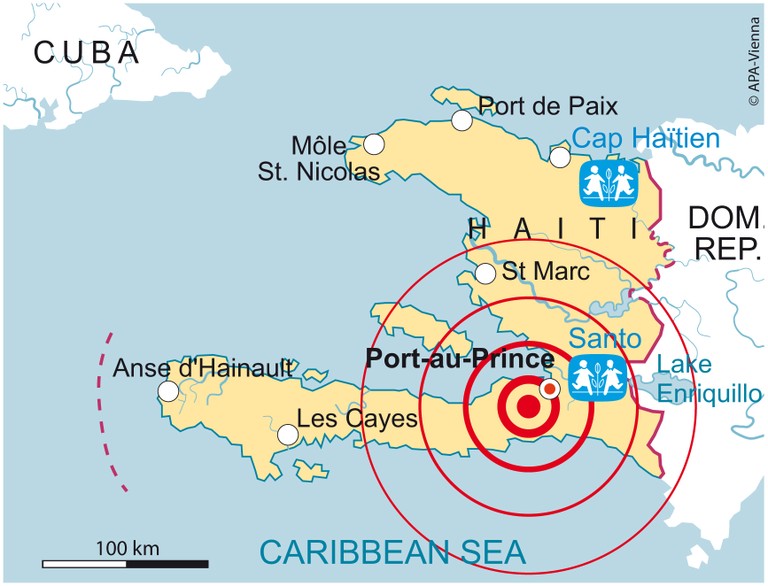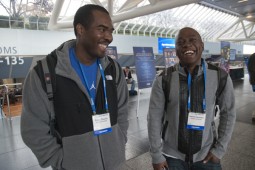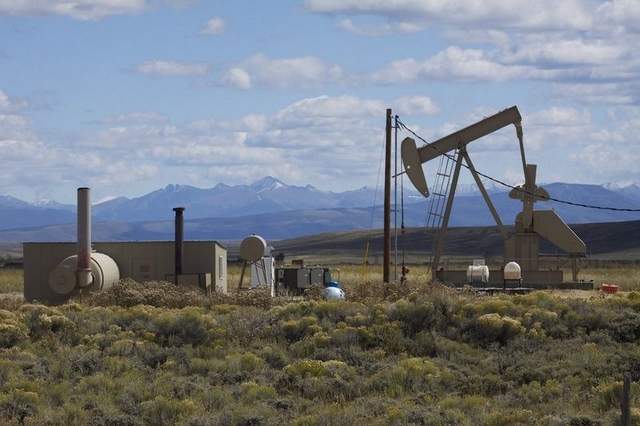 Himalayan Glacial Lakes (starts at 5:20) Some scientists conduct their experiments in a laboratory — think clean white walls, artificial lighting, A.C. and a convenient coffee pot not far away. Not so for Ulyana Horodyskyj, a graduate student at the University of Colorado. For the last few years she’s been looking at glaciers and the lakes on top of them in Nepal. Last year she spent a year looking at how pollution affects glaciers high in the Himalayan Mountains. She hoped to set up the ultimate high-altitude laboratory on the oxygen-thin slopes of Mount Everest, but a fatal accident intervened. On this edition of How on Earth, she talks about her latest research, Himalayan glaciers and what it is like to do science at the top of the world.
Himalayan Glacial Lakes (starts at 5:20) Some scientists conduct their experiments in a laboratory — think clean white walls, artificial lighting, A.C. and a convenient coffee pot not far away. Not so for Ulyana Horodyskyj, a graduate student at the University of Colorado. For the last few years she’s been looking at glaciers and the lakes on top of them in Nepal. Last year she spent a year looking at how pollution affects glaciers high in the Himalayan Mountains. She hoped to set up the ultimate high-altitude laboratory on the oxygen-thin slopes of Mount Everest, but a fatal accident intervened. On this edition of How on Earth, she talks about her latest research, Himalayan glaciers and what it is like to do science at the top of the world.
Hosts: Jane Palmer, Joel Parker
Producer, Engineer: Joel Parker
Executive Producers: Jane Palmer, Kendra Krueger
Additional Contributions: Beth Bennett, Shelley Schlender
Listen to the show:
Podcast: Play in new window | Download (Duration: 23:43 — 21.7MB)
Subscribe: RSS








 Feature #2: (start time: 15:42) You’ve probably heard by now that 2012 was the warmest ever in the U.S. We’re not the only ones overheating. At the bottom of the world, over the last 50 years, West Antarctica has warmed more than scientists had thought. The implications are huge; an enormous ice sheet there may be at risk of long-term collapse, which could cause sea levels to rise alarmingly. Co-host Susan Moran speaks with
Feature #2: (start time: 15:42) You’ve probably heard by now that 2012 was the warmest ever in the U.S. We’re not the only ones overheating. At the bottom of the world, over the last 50 years, West Antarctica has warmed more than scientists had thought. The implications are huge; an enormous ice sheet there may be at risk of long-term collapse, which could cause sea levels to rise alarmingly. Co-host Susan Moran speaks with 

